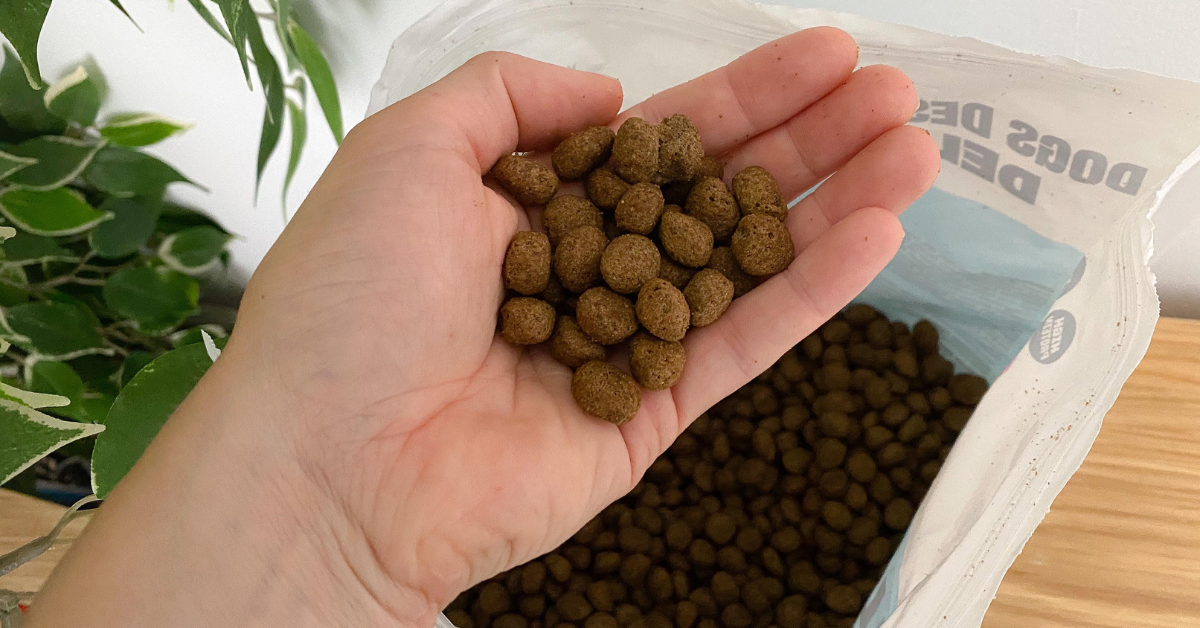
How Semi-Vegetarianism Can Help To Save Our Planet

Saving the planet is most certainly at the forefront of a lot more people’s minds and as we all learn new ways to adapt, find new ways to reuse items, work on reducing our waste I know that most of us are still asking ‘is this enough?’ It can be hard to answer this because it isn’t something we can all measure and what isn’t much to one person may be a big change to another. I am all for the message that if everybody made one simple sustainable change in their lives it will have a big impact. But whilst we are focussing on plastic and rubbish, single-use items and litter picking, what about the bigger picture? Your carbon footprint. Because at the end of the day, these emissions are what are destroying our planet more rapidly and these are what are going to be causing irreversible damage. Of course, there are the obvious ones; use your car less, don’t fly, use less energy and so on but what about your diet? In particular, your meat intake because meat is actually one of the biggest contributors to climate change. But how far do you go with this change? Could you go completely vegan and cut every animal product out? How about going vegetarian and removing meat from your diet? Is this all a step too far for you maybe? Well, there is a middle ground that may work for many more people and this is called semi-vegetarianism.
What Is Semi-Vegetarianism?
Semi-vegetarianism (also known as flexitarianism) is the term used by somebody who centres most of their diet around plant-based foods but who occasionally includes meat or fish too. It means that you can follow a mostly vegetarian diet but can also bend the rules without feeling guilty. There are no guidelines for this diet, it is purely down to your own personal choices on how much meat you want to consume each week. This lifestyle gives you the best of both worlds. You can flex your diet depending on what you feel you want to eat that day but you will also be helping the planet by significantly reducing your meat intake.

Is This A Cop-Out?
Semi-vegetarianism is not without its criticism of course. Those who dedicate their lives to saving the planet, raising awareness of climate change, who have largely altered the way in which they live and who follow strict vegan/vegetarian diets usually see this new trend as a cop-out. A way to include meat under a label. I get that. When I looked it up it was one of the first thoughts that came to my mind and I only turned vegetarian this year. However, I can also see the massive benefits of giving this diet a name because it allows a person to help the environment without changing their life too much which to me seems like a win-win situation. At the end of the day, we need change to happen and small sustainable steps are better than no steps whatsoever.
How Does Meat Affect Our Planet?
I have covered quite a bit on this in a previous post but I wanted to include this one quote for its facts:
“Food systems contribute 21% to 37% of global greenhouse gases, and are significant contributors to deforestation, biodiversity loss and declining water tables. Perhaps the biggest problem: livestock. They use a third of global cropland and contribute 15% of global greenhouse gas emissions”
The Guardian
And PETA says:
- It takes 2,400 gallons of water to produce 1 pound of meat
- Every six seconds, an acre of rain forest is cut down for cattle farming
- In 2004–05, 2.9 million acres of the Amazon rain forest in Brazil were destroyed in order to grow crops to feed animals on factory farms
- About 260 million acres of U.S. forests have been cleared in order to create cropland to produce feed for animals raised for food
- Livestock grazing is the number one reason that plant species in the U.S. go extinct
- a 2008 study concluded that a meat-eater’s diet is responsible for more than seven times as much greenhouse-gas emissions as a vegan’s diet is
- If every American skipped one meal of chicken per week and ate vegan food instead, it would be like taking 500,000 cars off the road
For more on this check out their post here. It is really eye-opening.
In short, our worldwide meat obsession has got out of hand. Yes, we are supposed to be meat-eaters, but in actual fact, if we still had to hunt for our own food we would not be eating meat 2-3 times a day. Yet, through modernisation, controlled animal breeding, farms and the ability to ship this type of food, we can now happily gorge on as much meat as we want and have it with every meal if we like too. This surge in consumption is what has led to the huge increase in the number of animals now being bred, deforestation to make room for them and to also grow crops to feed them with. There is also pollution from factories, waste products being released into waterways and the carbon emissions created by the shipping of this meat all over the world. Not to mention the gases that are released from the animals (with cows being the worst culprits) into our atmosphere. Right now there are approximately 19 billion chickens, 1.5 billion cows, 1 billion sheep and 1 billion pigs living at any one time on our planet which is three times higher than the number of people! The meat industry has well and truly taken over and is having an unprecedented effect on our beautiful planet.

How Can Semi-Vegetarianism Help?
Taking on a diet that completely cuts out meat would, of course, be the best option BUT there is no way you could everybody on board with this and so I come back to the message of everybody doing one small thing… And this one small thing here would be to become a semi-vegetarian. It is possible for everybody to cut back. It is perfectly acceptable to ask everybody to try this. It isn’t asking people to be strict or cause worry over their diet and it certainly wouldn’t have a big impact on the average person’s life. It is doable and if everybody could change to this way of eating it would have a MASSIVE effect on our environment. Researchers have suggested that the average global citizen would have to eat 90 percent less pork, 75 percent less beef, and half the number of eggs they normally consume in order to cut greenhouse gas emissions by 56 percent and other environmental impacts by 6 to 22 percent. All of that for a little less meat!
So, could you do it? Could you eat more plant-based meals and only eat meat every now and then? Could you be a semi-vegetarian to help to save our planet? I’d love to hear your thoughts.

Pin for later:

If you enjoyed this post you can follow more of our life, opinions and antics over on Facebook, Twitter, YouTube and Instagram. Plus feel free to come and join in with my parenting group ‘From One Parent to Another’ on Facebook.
If you’d like to contact me you can either leave me a comment or drop me a line via my contact me page.
For other topics similar to this one check out these suggestions below…





I am a meat eater, but I also like the idea of meat free days. My kids are great eaters and not fussy so I can easily give them salads and veggie curries but I know I would miss meat and fish if we went without. Sounds like a great option.